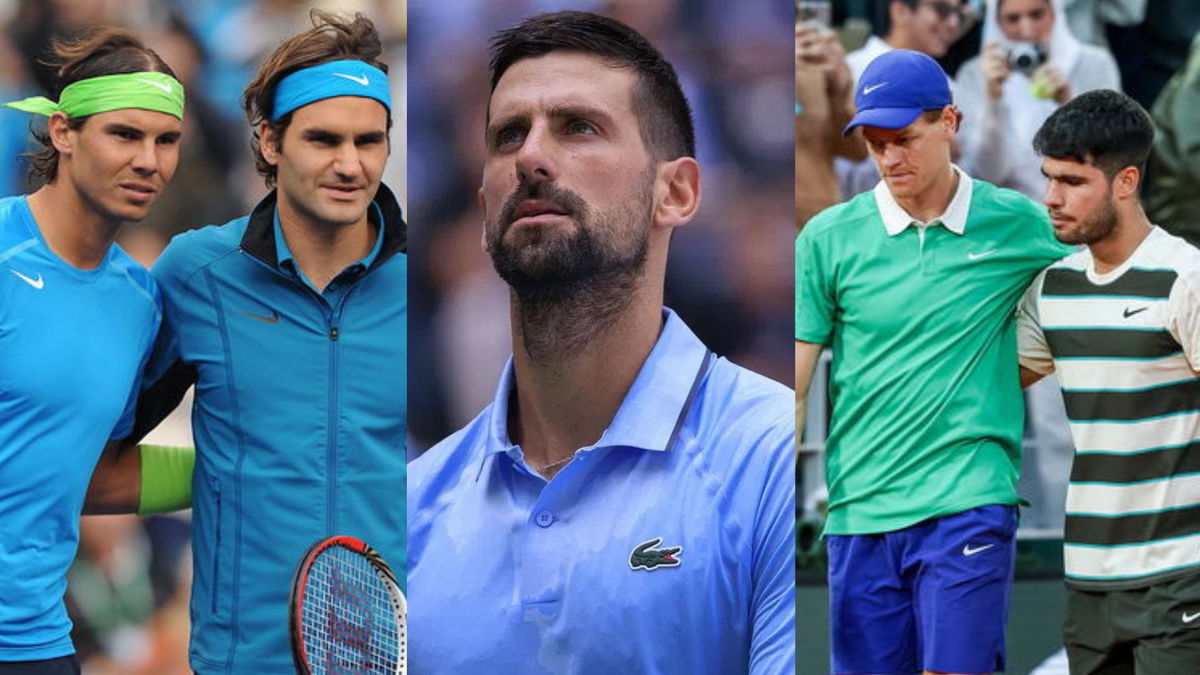Why Did Alvarez Receive a 10-Month Ban for Failing a Drugs Test?

Published: 2025-09-08 13:24:27 | Category: sport
Yeray Alvarez, a defender for Athletic Bilbao, has been handed a 10-month ban after testing positive for the banned substance canrenone. This substance was found in a medicine he was using to prevent hair loss as part of his treatment following a cancer diagnosis. UEFA accepted that the ingestion was accidental, yet still deemed it a violation of anti-doping rules.
Last updated: 01 October 2023 (BST)
Key Takeaways
- Yeray Alvarez tested positive for canrenone after a UEFA match.
- The substance was in a hair loss treatment he used post-cancer.
- UEFA ruled it a "non-intentional anti-doping violation."
- His 10-month ban is backdated to June 2023.
- Alvarez can resume training in February 2026 and play in April 2026.
Understanding the Violation
In May 2023, following a Europa League semi-final match against Manchester United, Yeray Alvarez's routine post-match drug test revealed the presence of canrenone, a diuretic often misused as a masking agent for performance-enhancing drugs. While diuretics are not performance enhancers themselves, they can obscure the detection of other banned substances in an athlete's system.
What is Canrenone?
Canrenone is a potassium-sparing diuretic primarily used to treat conditions like hypertension and fluid retention. However, in the context of sports, it is classified as a banned substance due to its potential use in masking the presence of other drugs. Its presence in a player's system can raise red flags, leading to investigations and sanctions.
Alvarez's Defence
Alvarez maintained that he had unknowingly ingested the substance through a medication prescribed to him for alopecia, a condition he developed as a result of his cancer treatment. The defender's situation highlights a critical aspect of sports medicine: the importance of transparency in drug formulations and the potential for accidental doping violations.
A Closer Look at the Anti-Doping Framework
The World Anti-Doping Agency (WADA) sets strict guidelines and regulations aimed at maintaining fair play in sports. Athletes are responsible for any substances found in their bodies, regardless of intent. However, the framework allows for some leniency in cases where a clear lack of intent can be demonstrated.
Non-Intentional Violations
In Alvarez's case, UEFA categorised his offence as a "non-intentional anti-doping rule violation." This classification acknowledges that while he did commit a violation, it was not done with the intention of gaining a competitive edge. This distinction is crucial in determining the length and nature of the ban imposed.
Implications for Athletic Bilbao
Yeray Alvarez has been a significant player for Athletic Bilbao, making 257 appearances since rising through the club's academy. His absence will undoubtedly affect the team's dynamics, particularly in defence, as they navigate the upcoming seasons without one of their key players.
Looking Ahead
Alvarez's ban is backdated to June 2023, meaning he will be eligible to return to competitive play on 2 April 2026. Additionally, he can rejoin training sessions starting 2 February 2026, allowing him to prepare for his return and integrate back into the team structure.
The Broader Context of Doping in Sports
Alvarez's case is not unique; instances of athletes testing positive for banned substances through unintended means have surfaced in various sports. The crucial takeaway is the necessity for athletes to be diligent about the substances they consume, even those that are seemingly benign or prescribed for legitimate medical reasons.
Education and Awareness
In light of such incidents, there is a growing call for increased education around anti-doping rules and the substances that athletes might unknowingly ingest. Clubs and governing bodies are urged to provide thorough guidance to athletes regarding medications and supplements.
Conclusion
The case of Yeray Alvarez serves as a reminder of the complexities surrounding doping regulations in sports, particularly when health issues intersect with performance standards. As Alvarez prepares for his return to football, the incident underscores the importance of vigilance and education in preventing similar situations in the future. As regulations evolve, will sports authorities adapt to ensure fairness without compromising athlete health?
#YerayAlvarez #AthleticBilbao #AntiDoping
FAQs
What led to Yeray Alvarez's 10-month ban?
Yeray Alvarez was banned for 10 months after testing positive for canrenone, a banned diuretic found in a medication he took for hair loss linked to his cancer treatment.
When can Yeray Alvarez return to play?
Alvarez can return to play on 2 April 2026, as his ban has been backdated to June 2023.
What is canrenone and why is it banned?
Canrenone is a diuretic that can mask other banned substances in an athlete's system, which is why it is prohibited under anti-doping regulations.
What does "non-intentional anti-doping violation" mean?
This term indicates that while the athlete committed an offence, there was no intention to cheat or gain an unfair advantage through the use of banned substances.
How many appearances has Yeray Alvarez made for Athletic Bilbao?
Yeray Alvarez has made a total of 257 appearances for Athletic Bilbao since coming through their academy.



